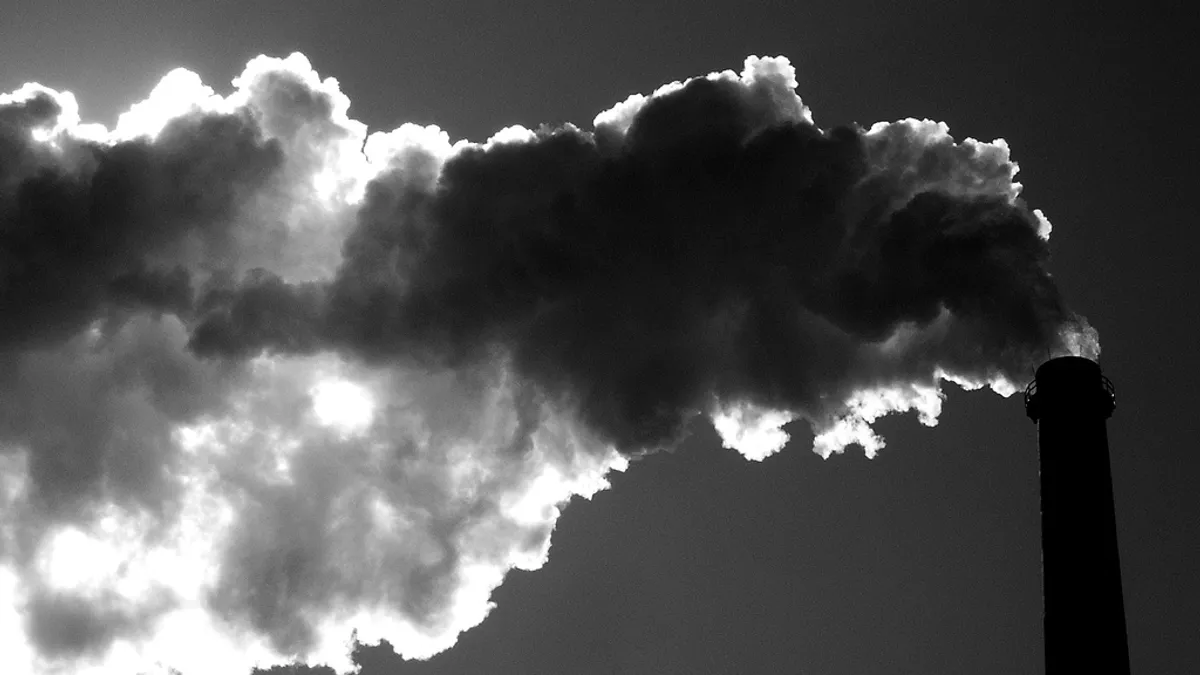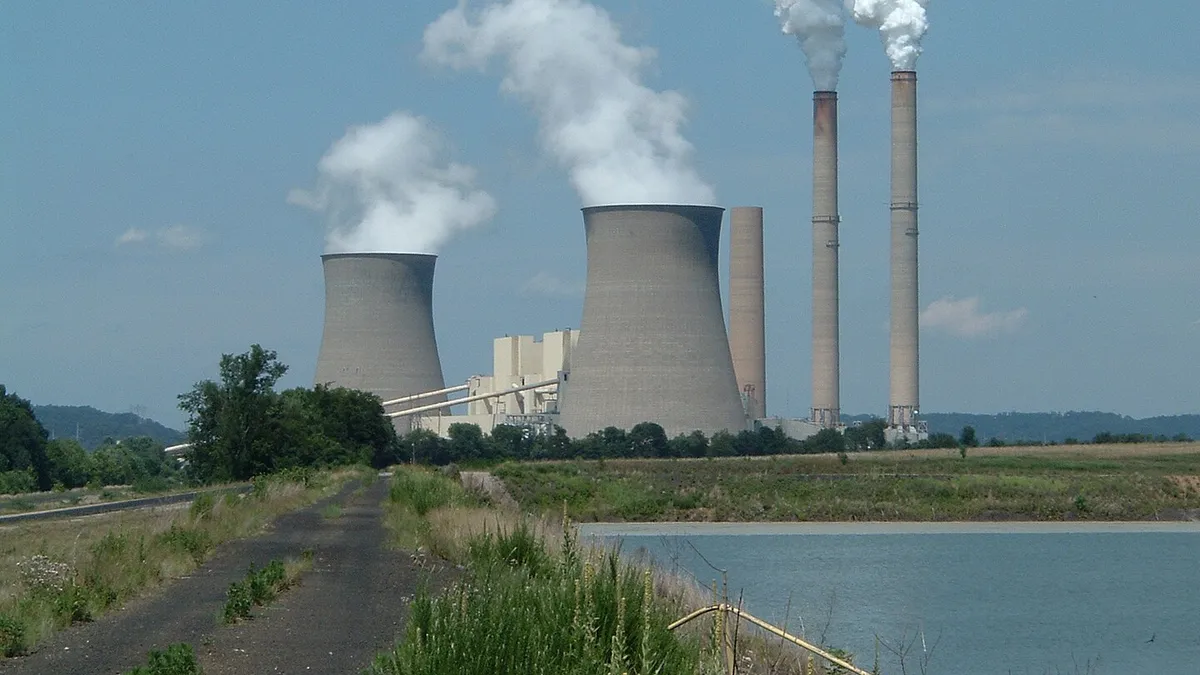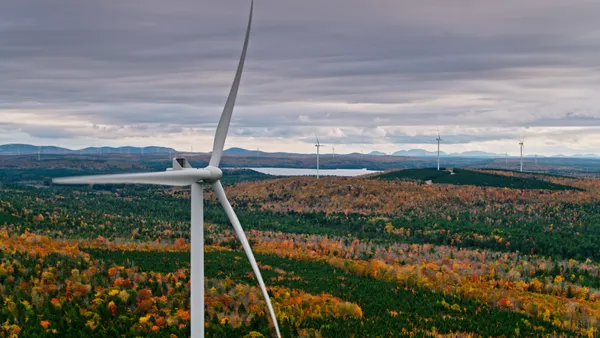Dive Brief:
- Coal generators upwind of New Jersey have been turning off pollution scrubbing equipment because it is cheaper to purchase emissions credits than to operate the equipment, in turn leading to growing amounts of ozone pollution and air quality issues.
- According to The Record, emissions credits run about $130/ton while operating the equipment can cost up to $7,000/ton. Instead of running the scrubbers, the paper reports that power companies, mostly in Pennsylvania, are simply buying credits and continuing to emit pollutants like nitrogen oxide, which reacts with sunlight to form ozone, a respiratory irritant especially dangerous for children and the elderly.
- The U.S. Environmental Protection Agency is planning propose new rules this fall, potentially revising the cap-and-trade system that provides the pollution credits, or tightening nitrogen oxide allowances.
Dive Insight:
A glut of emissions credits already in the market and the falling price of natural gas has led to coal generators shutting off pollution control technologies, finding it cheaper to purchase the credits rather than operate the scrubbing equipment. While that's a legal loophole the EPA is looking to close, the near-term result according to a New Jersey newspaper has been increasing levels of ozone and other pollution in the state.
“A number of plants with advanced controls are not using them to full effect,” Sierra Club's Tom Schuster told The Record. “They’re not reducing emissions enough.”
The problem is the vast difference in the cost of running the selective catalytic reduction (SCR) technology and simply buying credits. It can cost from $3,000 to $7,000/ton to operate the equipment, but just $130 for a credit. The newspaper points out that the Keystone plant in Pennsylvania, co-owned by Exelon and PSEG Power, let out more than 16,000 tons of emissions in 2013, a 350% increase over 2009.
“It makes me very disappointed that some plants in Pennsylvania are turning off their equipment at probably the worst time for ozone — during the summer,” Bob Martin, commissioner of New Jersey’s Department of Environmental Protection, told The Record. “Some of these plant owners are New Jersey companies, and they’re affecting New Jersey air quality.”
The EPA is considering changes to its cross-border pollution rules, and is expected to propose changes this fall.















